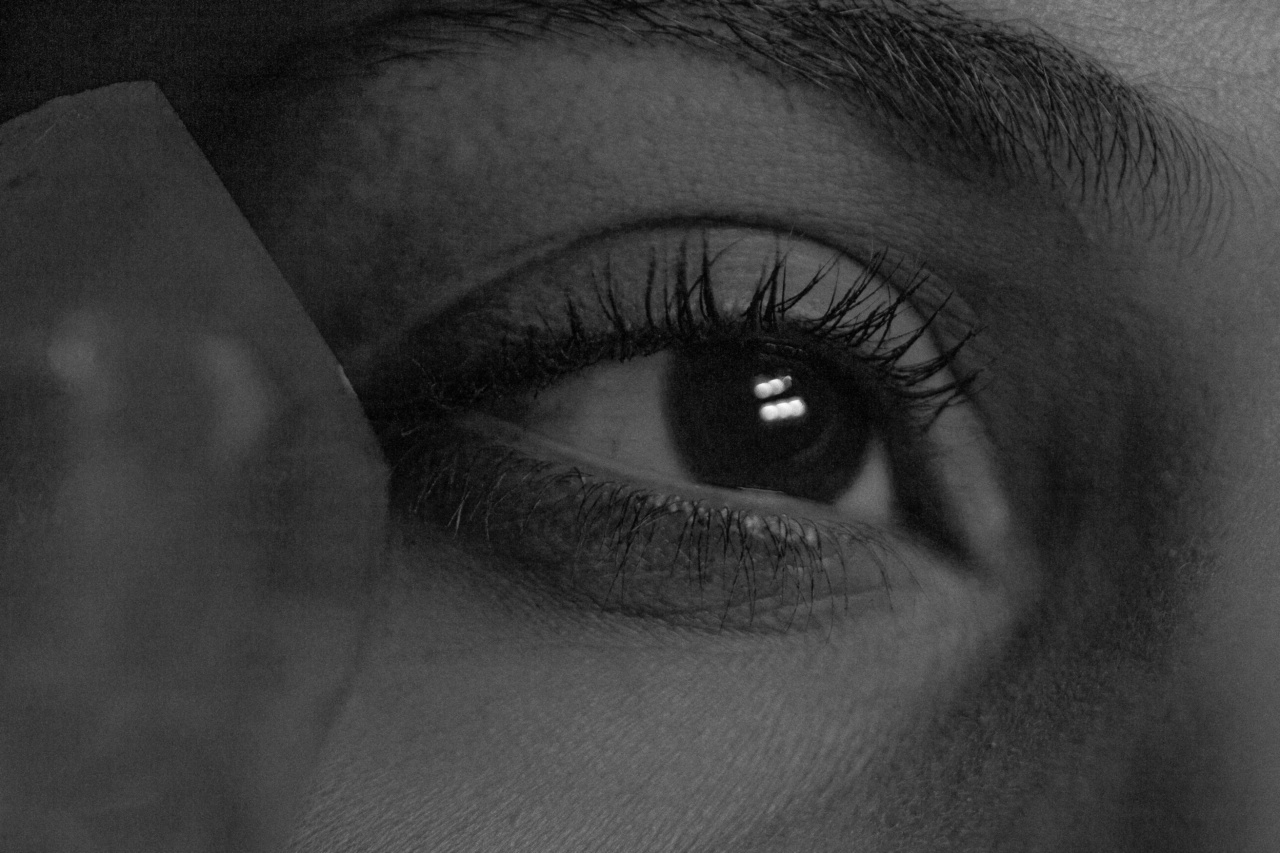Skin troubles can be frustrating and uncomfortable. You may have tried everything from different skincare products to dermatologist visits, but your skin troubles persist.
If this sounds like your situation, there could be an underlying unknown allergy causing your skin troubles.
What are allergies?
Allergies occur when the body’s immune system identifies a specific substance, also known as an allergen, as harmful and tries to remove it by releasing histamines. Common allergens include pollen, dust, and certain foods.
Allergic reactions can range from mild symptoms such as itching and sneezing to severe symptoms such as anaphylaxis.
Allergies and skin problems
Allergies can also cause skin problems. Your skin acts as a barrier to protect your body from harmful substances. But when something triggers an allergic response, your skin can react in several ways:.
- Hives: These are red, itchy bumps on the skin
- Eczema: This is a chronic condition that causes dry, red, and itchy skin
- Angioedema: This is swelling of the face, lips, and tongue
- Contact dermatitis: This is a red, itchy rash that develops at the site of contact with an allergen
Common allergens that cause skin problems
Many allergens can cause skin problems. Here are a few common ones:.
Fragrances:
Fragrances are one of the most common allergens that cause skin problems. They are found in a variety of products such as perfumes, lotions, and household cleaning products.
If you suspect fragrances as the cause of your skin troubles, look for fragrance-free or hypoallergenic products.
Preservatives:
Preservatives are added to many skincare products to prevent bacteria growth. Common preservatives include parabens and formaldehyde. These preservatives can cause skin issues for some people.
If you suspect preservatives as the cause of your skin troubles, look for products that are preservative-free.
Nickel:
Nickel is a metal that is commonly found in jewelry and metal objects. It can cause skin irritations such as rashes, itching, and blisters.
If you suspect nickel as the cause of your skin problems, avoid wearing jewelry that contains nickel or use protective barriers such as clear nail polish on the jewelry.
Latex:
Latex is a type of rubber that is commonly used in gloves, balloons, and some medical devices. It can cause skin irritations such as rashes, itching, and swelling.
If you suspect latex as the cause of your skin troubles, avoid using latex products or use latex-free alternatives.
Identifying your skin allergy
It can be challenging to identify the specific allergens that are causing your skin troubles. Here are some steps you can take to determine what allergen is causing your skin issue:.
Keep a diary:
Record what products you use and when you experience skin troubles. This can help you identify patterns and narrow down which products may be causing your skin issues.
Try elimination diets:
If you suspect that certain foods may be causing your skin troubles, try eliminating them from your diet for a while and see if your symptoms improve.
Consult with an allergist:
An allergist can perform allergy tests to help identify which specific allergens are causing your skin troubles. Allergy testing involves exposing your skin to small amounts of common allergens to see if there is a reaction.
Treating skin allergies
The best way to treat skin allergies is to avoid the allergen that is causing your skin issue. Here are some additional steps you can take to treat skin allergies:.
Use hypoallergenic products:
Choose skincare products that are labeled hypoallergenic and free of common allergens such as fragrances and preservatives.
Manage stress:
Stress can cause skin irritations and worsen skin allergies. Find ways to manage your stress, such as meditation or exercise.
Take antihistamines:
Antihistamines can help reduce itching and swelling associated with skin allergies.
Apply topical creams:
Topical creams such as corticosteroids can help reduce skin inflammation and improve skin allergy symptoms.
Conclusion
If you are experiencing persistent skin issues, it may be an unknown allergy causing your problem. Take some time to identify the allergen that is causing your skin trouble and take steps to avoid it.
By doing so, you can improve your skin health and overall well-being.































